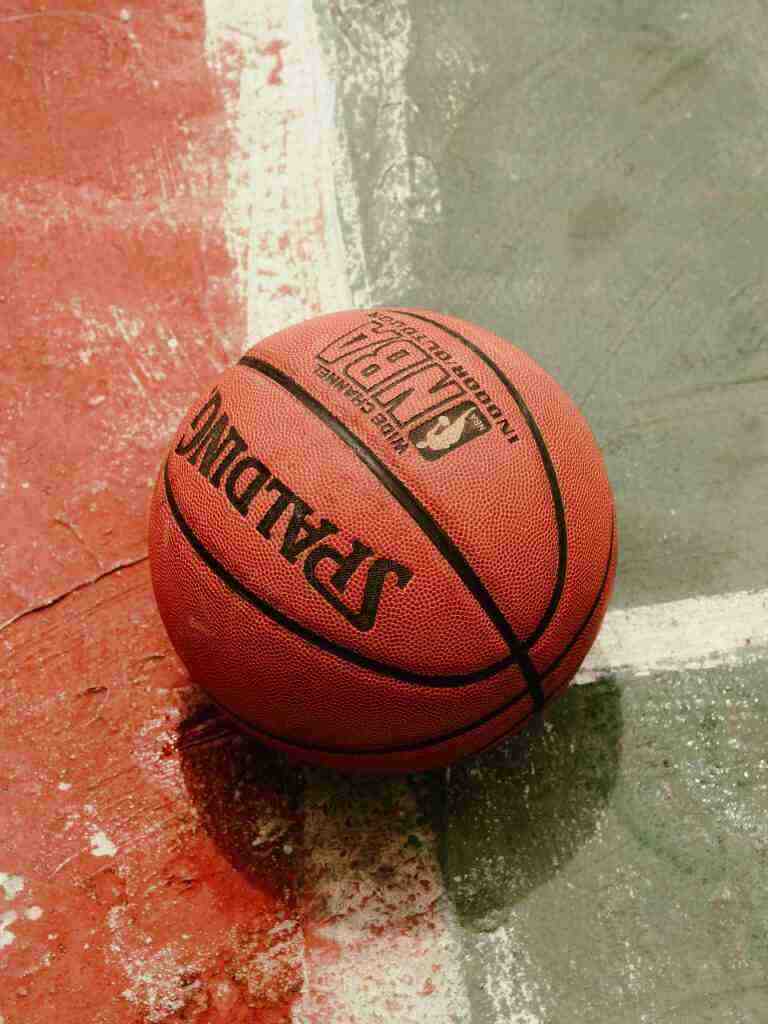Tristan Thompson’s Suspension: A Violation of the NBA’s Anti-Drug Program
The Incident That Shook the NBA
In a stunning turn of events, the National Basketball Association (NBA) announced the suspension of Cleveland Cavaliers’ prominent big man, Tristan Thompson, for violating the terms of the NBA/NBPA Anti-Drug Program. This incident brought to light the complexities of athletic performance enhancement and ignited discussions about the integrity of the sport.
Unveiling the Violation
Tristan Thompson’s suspension stemmed from testing positive for two prohibited substances: ibutamoren and SARM LGD-4033. Ibutamoren, also known as MK-677, is a growth hormone secretagogue that can stimulate the pituitary gland to release growth hormone. This, in turn, can lead to increased muscle mass, strength, and recovery. SARM LGD-4033, also known as ligandrol, is a selective androgen receptor modulator (SARM) that mimics the effects of testosterone. It can promote muscle growth, strength gains, and fat loss.
Both ibutamoren and SARM LGD-4033 are on the list of substances prohibited by the World Anti-Doping Agency (WADA) and are not approved by the US Food and Drug Administration (FDA). The NBA’s Anti-Drug Program strictly prohibits the use of these substances, as they can provide athletes with an unfair advantage and potentially compromise their health.
Tristan Thompson: A Legacy in the NBA
Tristan Thompson, a 32-year-old Canadian-American professional basketball player, has etched his name in the NBA’s history books. Drafted fourth overall by the Cleveland Cavaliers in 2011, Thompson spent nine seasons with the franchise, forming a formidable partnership with LeBron James.
During his tenure with the Cavaliers, Thompson played a pivotal role in the team’s historic 2016 NBA championship victory. Overcoming a 3-1 deficit against the Golden State Warriors in the NBA Finals, the Cavaliers secured their first NBA title in franchise history. Thompson’s rebounding, defense, and hustle were instrumental in this triumph.
After leaving Cleveland in 2019, Thompson had brief stints with several other teams, including the Boston Celtics, Sacramento Kings, Indiana Pacers, Chicago Bulls, and Los Angeles Lakers. In 2023, he returned to the Cavaliers on a one-year deal.
Impact on the Cleveland Cavaliers
Thompson’s suspension for violating the NBA’s Anti-Drug Program dealt a significant blow to the Cleveland Cavaliers’ recent resurgence. Under the leadership of All-Star guard Donovan Mitchell, the Cavs had won eight consecutive games and climbed to fourth place in the Eastern Conference standings.
Thompson’s absence from the lineup created a void in the team’s frontcourt rotation. His contributions in rebounding, defense, and veteran leadership were difficult to replace. The Cavs faced the challenge of maintaining their momentum and playoff aspirations without one of their key players.
Ethical and Health Concerns
The use of performance-enhancing substances in professional sports has been a subject of ethical and health debates for decades. While some argue that athletes should be allowed to optimize their physical abilities, others contend that the use of prohibited substances undermines the integrity of competition and poses potential health risks.
The NBA’s Anti-Drug Program aims to ensure a level playing field and protect the health and well-being of its players. The league’s strict stance against the use of prohibited substances sends a clear message that such practices will not be tolerated.
Conclusion: A Call for Clean and Fair Competition
Tristan Thompson’s suspension for violating the NBA’s Anti-Drug Program served as a stark reminder of the importance of clean and fair competition in professional sports. The use of prohibited substances not only undermines the integrity of the game but also jeopardizes the health of athletes.
The NBA’s commitment to enforcing its Anti-Drug Program demonstrates its dedication to maintaining a level playing field and protecting the well-being of its players. As the league continues to evolve, the ongoing fight against performance-enhancing substances remains a critical aspect of ensuring the integrity and longevity of the sport.
